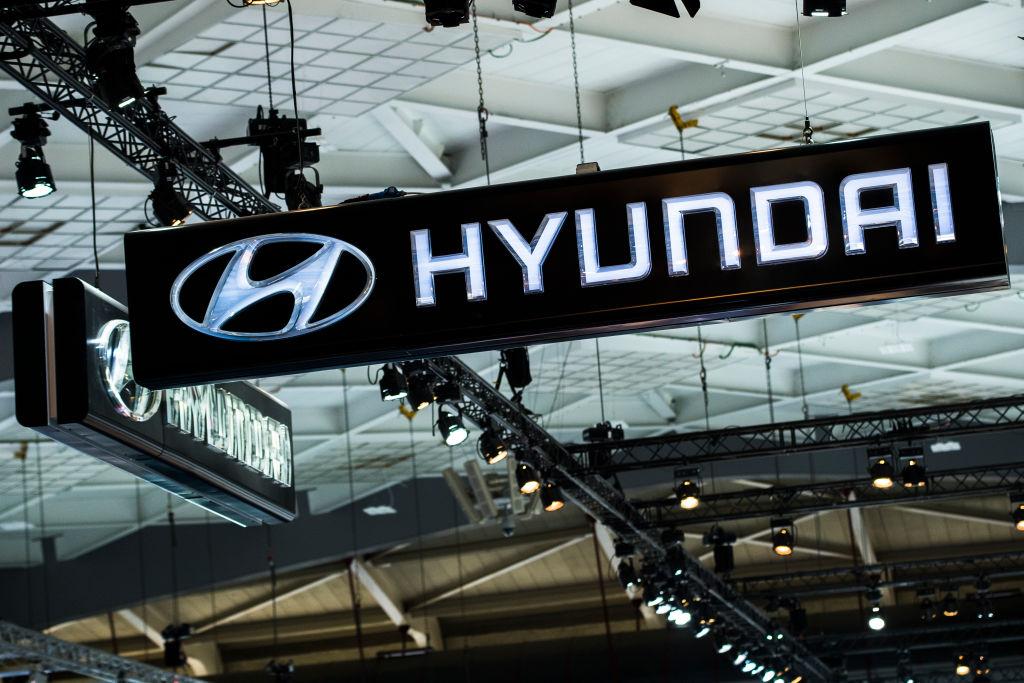Three South Korean companies have recently shut down some of their production facilities in China, after taking a cue from South Korean tech giant Samsung Electronics.
Automakers Hyundai Motor and Kia Motors, and tech giant LG Electronics decided to execute a long-overdue decision to shift production out of China, after seeing Samsung announce such a decision in December last year, according to Japanese media Nikkei.



